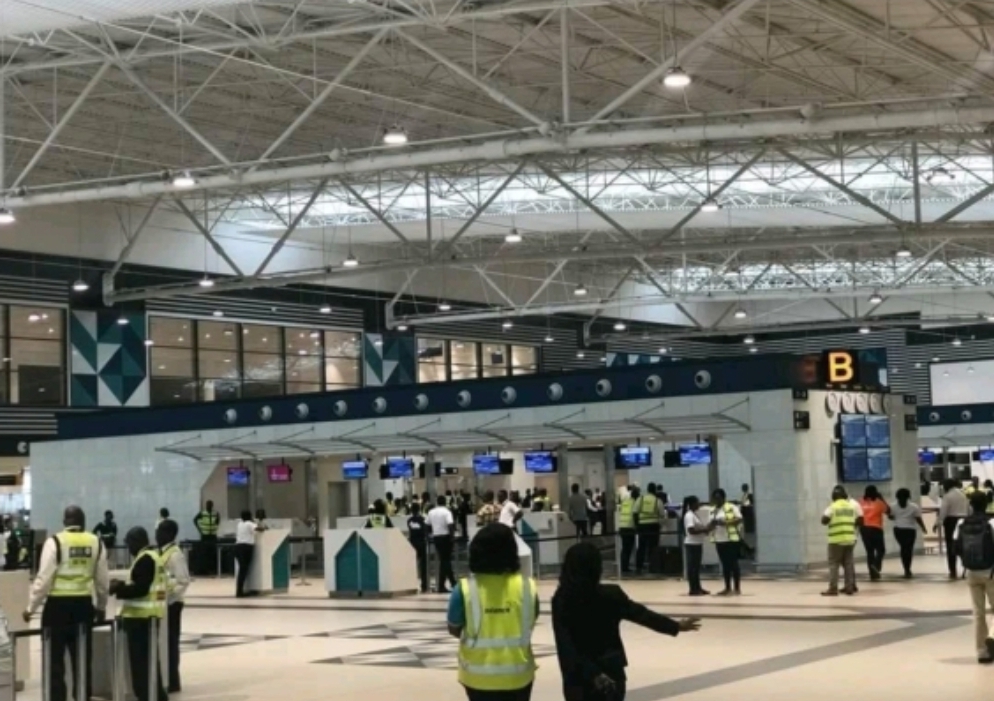Africa makes progress on visa-free travel: Ghana in top 5

Ghana has ranked 5th on the 2024 Africa Visa Openness Index (AVOI), which measures how easy it is for travelers to visit African countries. The Index, released by the African Union (AU) and the African Development Bank (AfDB), highlights Ghana’s score of 0.868. This puts the country just behind Benin, Seychelles, Gambia, and Rwanda, who all share the top spot at number 1.
Visa openness means making it simpler for travelers to enter a country. For visa-open countries, visitors don’t need a visa beforehand or can get one on arrival. On the other hand, visa-restrictive countries require visitors to secure a visa before traveling, usually from an embassy or consulate.
The 2024 report shows that 17 African countries improved their scores over the past year, adding to the 15 that made gains last year. However, 29 countries saw no change, and 8 scored lower. Nnenna Lily Nwabufo of the AfDB highlighted that visa openness across Africa is at its highest since tracking began in 2016, with 39 countries showing improvement.
Despite progress, the AU points out that many Africans still face significant visa challenges when traveling within the continent. These restrictions limit opportunities for tourists, entrepreneurs, and professionals. Minata Samate Cessouma, AU Commissioner for Humanitarian Affairs, emphasized the need for political commitment to make cross-border travel easier:
“Several countries remain reluctant, and the emerging success stories will hopefully contribute to further positive momentum overall. There remains a long way to go, and much room for progress on visa openness.”
The report also highlights the growth of e-visa platforms, which have increased from 24 to 263 in the last year. These systems allow travelers to apply online by uploading documents like passports and travel plans. However, some platforms still require travelers to collect e-visas at the port of entry, which can complicate the process.
Joy Kategekwa, from the African Development Bank, stressed the importance of easing travel restrictions to achieve Africa’s development goals. She noted that free movement is essential for tourism, industrialization, and the success of the African Continental Free Trade Area (AfCFTA).
The AU is optimistic about the Protocol on Free Movement of Persons, signed in 2018 by 30 African countries. This aims to gradually allow free entry, residence, and establishment across the continent.




